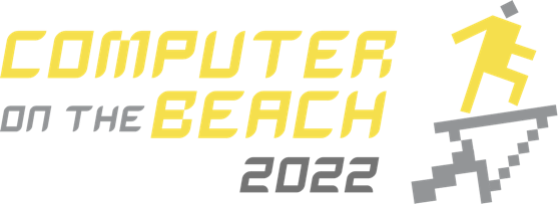

Efficient navigation is a challenge for visually impaired people.
Several technologies combine sensors, cameras, or feedback chan-
nels to increase the autonomy and mobility of visually impaired
people. Still, many existing systems are expensive and complex
to a blind person’s needs. This work presents a dataset for indoor
navigation purposes with annotated ground-truth representing
real-world situations. We also performed a study on the efficiency
of deep-learning-based approaches on such dataset. These results
represent initial efforts to develop a real-time navigation system
for visually impaired people in uncontrolled indoor environments.
We analyzed the use of video-based object recognition algorithms
for the automatic detection of five groups of objects: i) fire extin-
guisher; ii) emergency sign; iii) attention sign; iv) internal sign, and
v) other. We produced an experimental database with 20 minutes
and 6 seconds of videos recorded by a person walking through
the corridors of the largest building on campus. In addition to the
testing database, other contributions of this work are the study on
the efficiency of five state-of-the-art deep-learning-based models
(YOLO-v3, YOLO-v3 tiny, YOLO-v4, YOLO-v4 tiny, and YOLO-v4
scaled), achieving results above 82% performance in uncontrolled
environments, reaching up to 93% with YOLO-v4. It was possible to
process between 62 and 371 Frames Per Second (FPS) concerning the
speed, being the YOLO-v4 tiny architecture, the fastest one. Code
and dataset available at: https://github.com/ICDI/navigation4blind.






O Computer on the Beach é um evento técnico-científico que visa reunir profissionais, pesquisadores e acadêmicos da área de Computação, a fim de discutir as tendências de pesquisa e mercado da computação em suas mais diversas áreas.

